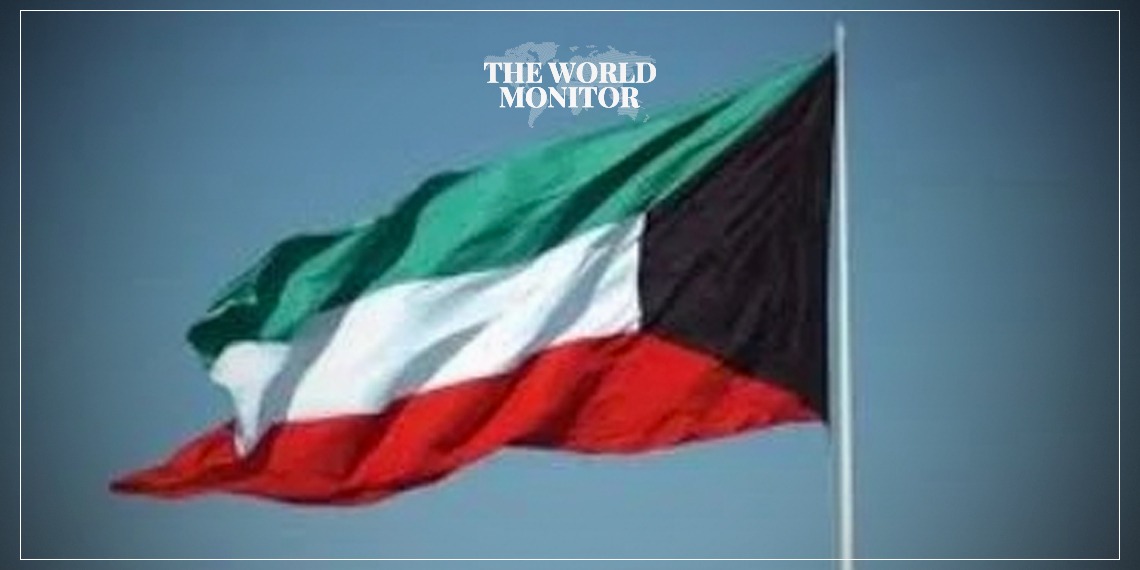Tariq Al-Asfour, the Deputy Chairman of Kuwait’s National Committee for the Prevention of Human Trafficking and Smuggling of Migrants and the Assistant Undersecretary of the Ministry of Justice, has signed a Memorandum of Understanding (MoU) with the United Nations Office on Drugs and Crime (UNODC) for the Gulf Cooperation Council region. The agreement focuses on exchanging technical opinions, consulting on international experiences, and discussing the implementation of systems and strategies related to combating human trafficking.
Al-Asfour, in a statement following the signing on Wednesday, emphasized that after coordinating with the Kuwaiti Ministry of Foreign Affairs, the MoU was signed. He affirmed Kuwait’s commitment to sparing no effort in fighting human trafficking and smuggling migrants, leveraging various mechanisms. This cooperation aligns with Kuwait’s vision to enhance cooperation frameworks and build partnerships with international and regional organizations, particularly the United Nations and its various agencies.
The MoU aims to strengthen cooperation between the two parties and enhance their common goals and objectives concerning the prevention, suppression, and punishment of human trafficking, as well as the protection of victims in accordance with treaties, standards, rules, and best international practices.
The National Committee for the Prevention of Human Trafficking and Smuggling of Migrants was established by a decree from the Kuwaiti Cabinet on February 5, 2018, chaired by the Minister of Justice and Minister of Awqaf and Islamic Affairs, Dr. Mohammed Al-Wasmi, with membership from relevant entities.
Kuwait has been active in its efforts to combat human trafficking and smuggling of migrants. This includes the establishment of specialized committees and collaboration with international organizations like the UNODC. Kuwait’s initiative is part of a broader strategy that involves enhancing legal frameworks and cooperation with international bodies to tackle these crimes effectively. The partnership with UNODC is particularly crucial as it provides access to international expertise and resources, helping Kuwait to align its efforts with global best practices and standards






